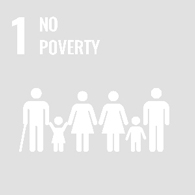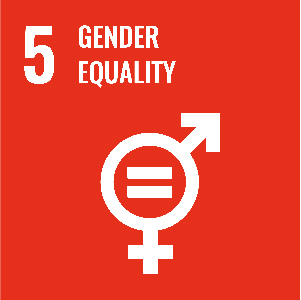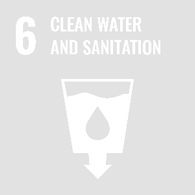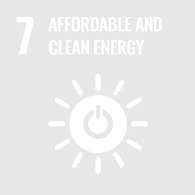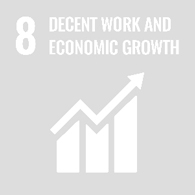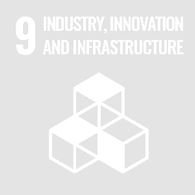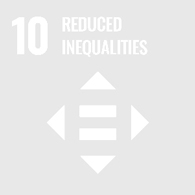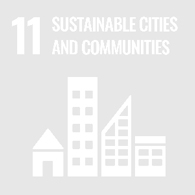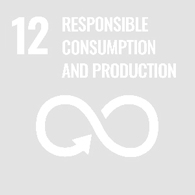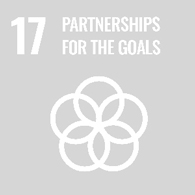Vielfalt und Chancengleichheit
Breadcrumb
The Messer Team 2022
Nested Applications
Diversity and equal opportunities
Messer is committed to diversity and equal opportunities. Our future-oriented and sustainable human resources policy ensures a level playing field for professional success, respects cultural differences and promotes interaction with each other. For Messer, diversity is the basis for innovation and sustainable corporate success; mutual trust and respect are the corporate values that form the basis of our corporate culture and are deeply rooted in it.
Our salaries are based on function, market, performance, training, experience and length of service as well as, where applicable, collective bargaining agreements or comparable wage agreements and inflation compensation. Equal treatment of the sexes is a matter of course. Our vision for diversity and inclusion is to create an environment where all employees accept, respect and value the differences of multiple identities and truly welcomes the diverse ideas and perspectives of individuals. In doing so, we shape an open and creative company culture, providing every individual an equal opportunity to thrive.
We define diversity as the presence of differences and representation of multiple identities such as: age, race, ethnicity, family or marital status, gender identity or expression, language, national origin, physical and mental ability, political affiliation, religion, sexual orientation, socio-economic status, veteran status, life experiences, knowledge, inventiveness, innovation, self-expression, unique capabilities, talents and other individual differences.
We define inclusion as the assurance that the thoughts, ideas and perspectives of all individuals’ matter. When there is inclusion, our people, our teams, and our company are truly inviting to all, creating engagement and belonging.

Diversity and equal opportunities Examples
Structural integration of diversity management
The aim of our diversity management is to create a prejudice-free and appreciative working environment, irrespective of employees' gender, nationality, ethnic or social origin, religion, ideology, disability, age, sexual orientation or sexual identity. Interdisciplinary teams at our Messer SE & Co. KGaA headquarters are responsible for the strategic integration of diversity and inclusion. Across Messer, representatives and ambassadors in each national company help to promote diversity and inclusion through targeted initiatives and concrete measures.
At Messer Americas, People Excellence is part of our operational strategy, which is about creating an environment that attracts and retains our highly skilled workforce, motivating and enabling each colleague to reach their highest potential and advancement in their careers. Together diversity and inclusion are one of the elements of our People Excellence strategy.
To accelerate our endeavours, Messer Americas has a D&I Officer, D&I Ambassadors in each country and a joint D&I Council comprised of leaders from across the region. The leadership team launched a comprehensive program comprised of three key pillars: education, engagement and process.
Diversity management goals and measures
The proportion of women in the first and second management levels, and the goal is to increase this measure over the long term by establishing mixed management teams with at least 30 percent share of women (also here) by 2030.
In order to achieve this goal, within the headquarters of Messer SE & Co. KGaA, activities have been developed that are intended to lead the way for the Messer companies in the future. First of all, a women's network called "Women Network@Messer" was set up to give interested women the opportunity to participate and share their experience in the workplace. Under professional guidance, "Power Teams" were formed to exchange ideas and provide support on a regular basis to make it easier to overcome professional and personal challenges. Accompanying targeted training opportunities on topics such as personal excellence, work/non-work balance and inclusion were offered to the entire workforce at the headquarters. In 2023, a mentoring program will round out the initial measures selected by the diversity team to inclusively collaborate on integrating into our business.
Messer employed 11,259 people as of December 31, 2022, compared to 11,025 as of December 31, 2021. The share of women was 27.8 percent, which was slightly below the 28.1 percent share of the previous year. The proportion of female managers in the first and second management levels is 24.7 percent compared with 24.3 percent in 2021.
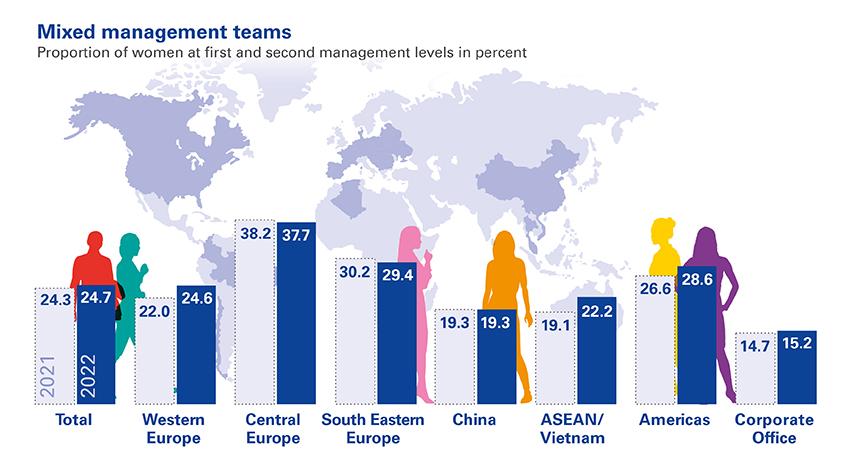
Signatory of the Diversity Charter
Messer is also a member of the "Diversity Charter", an initiative to promote diversity in companies and institutions. Diversity management is designed to help fulfil our commitment to diversity throughout the company through our interdisciplinary team and responsible persons or contact persons in our national companies.

Unconscious Bias Trainings
Education is about creating awareness and identifying barriers to success. Through training, employees become aware of their own biases and biases that exist in the workplace, the impacts it can have, and strategies to interrupt it. Since 2021, Messer has been running a training program against unconscious thought patterns, "Unconscious Biases", for the international management team as well as the German- and English-speaking workforce. Unconscious assumptions and prejudices are considered one of the major barriers to diversity strategies. Examples were used in the training to illustrate the problems that can arise from "quick thinking" - both in private and professional life. Based on this, techniques were trained to help make more conscious and thus better decisions.
In the Americas, our educational plan considers the different needs of our employee populations. Inclusive leadership explains almost half of employees’ experiences of inclusion. All managers are expected to attend a series of hands-on practical live online workshops on the topics of unconscious bias, inclusive communication and inclusive leadership. In these interactive experiential sessions managers examine their own assumptions and biases; analyze their own and others’ behaviors; and practice the inclusive leadership behaviors of accountability, ownership, allyship, curiosity, humility, and courage. Eighty-seven percent of trained managers report they are very or extremely likely to use the strategies learned in the sessions. In 2022, more than 1,100 workers without personnel responsibility were also trained to identify and interrupt bias and be more inclusive. A short e-learning course establishes basic concepts, and then a tailor-made workshop provides moments of insight about others’ experiences. The feedback for these trainings has been positive. Upon completing the live workshop: 92% of participants are more aware of the impact bias has on others and 88% of participants are more confident in their ability to interrupt bias. The program for workers without personnel responsibility continues in 2023 including adapting the workshop to an approachable, self-paced, mobile-friendly course to meet the needs of our drivers’ workforce.
UN Goals Messer-Team
Awards and initiatives
Total E-Quality rating extended by three years
Since 2019, Messer Group has been awarded the Total E-Quality rating for equal opportunities in personnel and organizational policy with the additional rating "Diversity", which is valid for three years. It is supported and recommended by the German Federal Ministry of Family Affairs, Senior Citizens, Women and Youth and the Federal Ministry of Education, Science, Research and Technology. For our further development in the area of human resources policy and for the organizational and structural anchoring of equal opportunities and diversity, Messer 2022 has once again been awarded the Total E-Quality rating and the additional rating for diversity.
In its statement, the panel mentions, for example, the goal formulated in the 2021 sustainability report of forming mixed management teams within the company. Ongoing management training to reduce unconscious prejudice is also a focus area that the panel recognized. In the action field of corporate culture, innovative measures such as the establishment of the diversity brand 'Living Respect' or the introduction of an employee app were recognized. Messer is very well positioned in the area of equal-opportunity HR policy: "Training, further education and know-how transfer are key topics and challenges at the same time," the statement of reasons concludes, and in this context, it mentions the dialog opportunities for internal knowledge exchange, such as a newly established women's network and a discussion forum with Messer's Management Board.
In the field of action "Work-life balance", Total E-Quality Deutschland as a registered organization in Germany honors the activities in the area of work organization, family security and financial benefits. In addition, the association mentions the "promotion of appreciative interaction" and "the commitment to non-discriminatory behavior." Overall, Messer is attested "outstanding results in all fields of action".
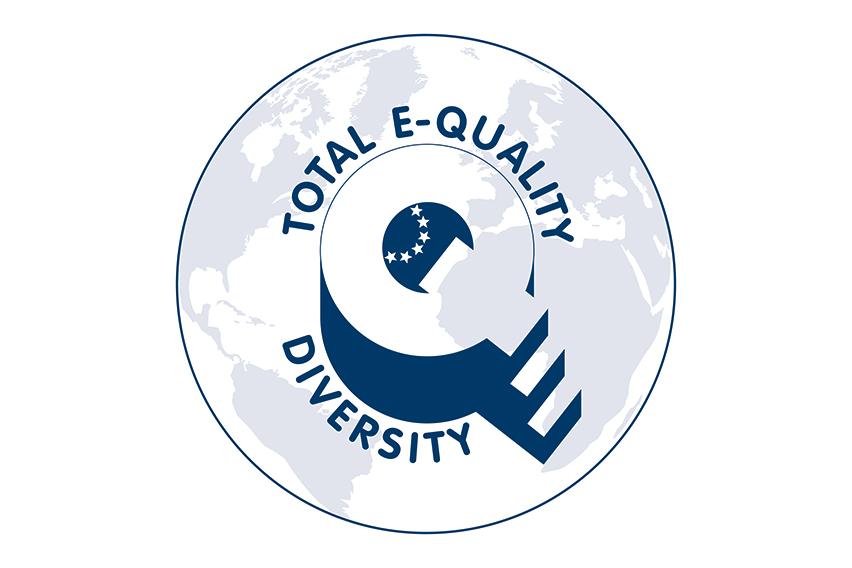
USA: Excellent experience at Messer
Messer US was awarded the "Candidate Experience Award" (CandE) for the third time in a row for positive experiences of job applicants. The award is presented by the "National American Talent Board" and recognizes the quality of our job application processes. It is an important confirmation of our continuous efforts to design the application process in such a way that we can attract highly qualified employees to Messer. The National American Talent Board is a non-profit research organization dedicated to improving and promoting the quality of application processes.
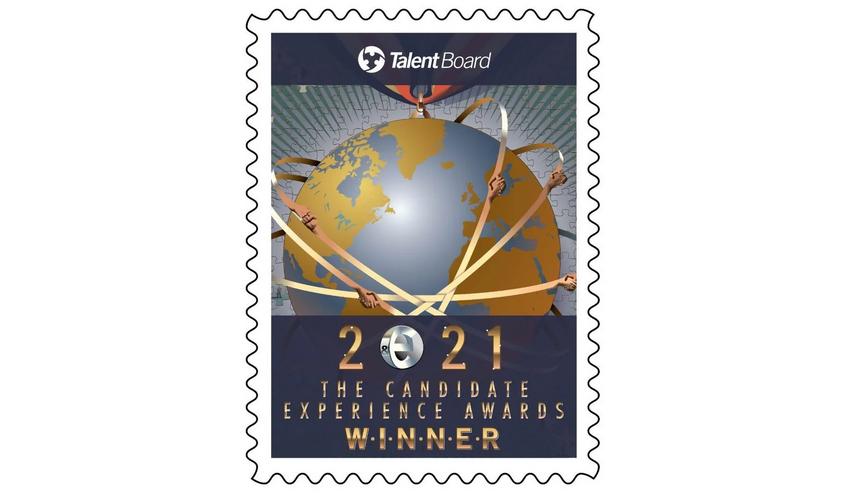
USA: Military Medallion
Messer was recognized by the US Department of Labor as a HIRE Vets Gold Medallion Award recipient for the second year in a row for the company’s exemplary efforts in recruiting, employing, and retaining veterans. The HIRE Vets Medallion Award is the only federal award recognizing exceptional achievement in hiring employees who are veterans. The award signals to veterans that an employer is committed to and supports our nation’s heroes. The company also received the Recruit Military Champion Award, which publicly recognizes and awards organizations that empower the military community through meaningful career opportunities.

Brazil: HR Team Recognized for Inspiring Leadership
The Messer Brazil team received the 2022 Gupy Destaca award for HR. The award recognizes HR performance in a general category, as well as in the areas of attraction, development and engagement. With more than one thousand companies registered for the award, Messer Gases Brasil was recognized in all four categories. They received 8th place in the overall general ranking, and 4th place in Development, 20th in Engagement and 21st in the Attraction category.
Satisfaction of our employees
The average length of employment for our employees since joining was 10.1 years in 2022 compared to 9.7 years in the previous year. Staff turnover increased slightly from 10.1 percent in 2021 to 13.3 percent in 2022.
Since the end of 2019, Messer Americas has conducted annual employee surveys to identify the needs and requirements of the workforce and determine appropriate personnel development measures. In 2022, more than 4,000 employees in the region participated in the survey and the results demonstrated significant improvement in several categories especially in the areas of learning and development as well as diversity and inclusion.
Employee Satisfaction Example
Messer Americas certified as a Great Place to Work®
Messer in the Americas was certified as a Great Place to Work® in 2022. Great Place to Work® is an international research and consulting institute that helps companies analyze, develop and make their corporate and workplace culture visible. Being certified as a Great Place to Work demonstrates the commitment we make to our employees in the Americas. In 2022, the U.S., Canada and Colombia earned the certification for the first time, while Messer Brazil was recognized as a Great Place to Work for the 5th consecutive year.
Education, advanced training, know-how transfer
Messer is committed to the education and training of junior employees, who are seen as an important investment in the competitiveness and performance of our company. In some cases, training takes place at various locations, supplemented by stays abroad lasting several weeks. In 2022, Messer's training ratio increased slightly to 1.4 percent. In Western Europe in particular, at Messer in Belgium and in Spain, and in south-eastern Europe, at Messer in Hungary, training initiatives have led to further growth.
Education, advanced training and know-how transfer Examples
Continuing education and promotion
The global Covid 19 pandemic has caused a rethink in the area of continuing education: as in 2021, in 2022 we used the extensive range of virtual webinars to provide employees with further training and education. An average of 14.2 hours per person were spent attending paid seminars in 2022.
Spending on continuing education has risen sharply: a total of 179 euros per person on average was spent on further training, which is 65.4 euros more per person than in 2021. This is mainly due to the fact that, following comparatively low-cost online training courses in 2021, several external and high-quality leadership and sales training courses were completed in the reporting year, for example in the ASEAN region, but also at Messer in Austria. Here, external organizers were engaged in 2022 for sales training and methods of risk analysis in the technical area to prevent damage to persons, the environment and material goods, as well as certified specialist training courses for officers in the areas of quality, hazardous goods, customs, security.
Extended triple saver campaign
As a further country company, France has decided to extend our "triple saver campaign" for inert gas mixtures. Bulgaria, Austria and Poland are already "on board". Our common goal is to intensify the successful business with our modern shielding gas mixtures in all European national companies and thus expand our market share.
New training concept in welding
To provide interested welding specialists with optimum training in our shielding gas mixtures, we offer a newly designed training concept at our technical center in Krefeld. The focus is on MAG welding of unalloyed steels, TIG welding of high-alloy steels and, now new, gas-shielded welding of aluminum. On request, we also offer additional training topics, for example on avoiding sources of error in gas guidance or on shielding gases for laser welding.
USA: Forging talent for Messer's future
For the first time, the three classes of the Messer Graduate Development Program (GDP) met in person at the headquarters in Bridgewater. This gave them the chance to meet Messer executives, network with colleagues and celebrate the first GDP graduating class of 2022 together. During the GDP program, the new employees are mentored by our experienced management and receive practical technical know-how within the various business units. The GDP graduates represent the future of Messer.
Colombia and Chile: Talent Circle and Advanced Leaders Programs
To encourage professional development, technical competency and focused execution, Messer Colombia and Chile established the Talent Circle program for young professionals and the Advanced Leaders program for middle managers with at least three years of experience with the company and with good performance. To provide education and training in the area of technical competency, Messer partnered with Universidad de los Andes, one of the top universities in Latin America, to offer certifications in the areas of finance, process and project management and leadership. To promote personal development, the company partnered with Aristos / Stanton Chase, human talent consultants, to assess soft skills and leadership potential. More than 50 employees from all areas of the business participated in individual coaching sessions, received personal assessments to identify their strengths and areas of opportunity with a personalized professional development plan. The participants also worked in groups to create a project applicable to the business. As part of the process, they received mentoring from Messer’s Performance Improvement Manager on correctly setting up a project to guarantee successful execution.
Colombia and Chile: Messer Academy – E-campus
Messer Colombia and Chile employees now have access to an e-campus where over 20 courses are offered, including Excel (intermediate and advanced), leadership tools, and project management, among others. The tool provides certifications and comprehensive performance reports. It also facilitates attendance from our contractors when needed. During 2022, 370 employees took training on the e-campus completing a total of 1058 hours of training and 336 contractors received 527 hours of training. In total Messer has provided 48.496 hours of training for Colombia and Chile employees, and 100% of employees have participated in at least one training.
Canada: Talent Development Program
In 2022, Messer Canada introduced a new Talent Development Program to foster learning and create a culture of enablement where employees can expand and use their knowledge, skills and experiences to achieve desirable business outcomes. The intention of the program is to nurture internal talent while creating a talent pipeline. Individual contributors, middle management (managers and supervisors) and leadership members participated in the program that offered academic, practical (hands-on) training and soft skill development.
Messer partnered with Wharton School at the University of Pennsylvania for the academic program for leadership participants. The program featured finance modules and culminated with participants receiving their certification in Executive Presence. Leadership program participants also worked as a group to identify and complete a business project as an EMBRACE initiative and received mentoring from Canada’s Executive Leadership Team as part of an ongoing initiative.
The practical training for all groups in the program featured job shadowing, with Canadian executives and managers hosting program participants. Training was also offered in the areas of marketing, diversity and inclusion, and web shop strategies.
Lastly, the participants got an opportunity to work on their soft skills through an e-learning module. The development opportunity does not end with the completion of the program. An action plan is being worked on to develop these individuals further.
Canada: Messer Learn
Messer Canada introduced an in-house learning management system called Messer Learn. This platform houses Canadian HR training and provides distribution, reporting and tracking of use. The system also includes other popular training courses such as soft skills, HR 101 for Managers, Branch Manager training, Messer Pro training (sales), etc. Messer Learn has made training accessible for remote learners while providing a central location for training content.
France: Optimal online learning
E-learning has already been successfully offered in many national companies for a long time. At the beginning of 2022, Messer tested a learning management system (LMS) in France for the first time. On the one hand, the aim was to drive forward the online learning offered at Messer and to see how well the new tool was received. On the other hand, we wanted to find out how well an LMS covers our wide range of training content - especially the practical, operational topics that do not seem ideal for e-learning. For the test, two learning modules were designed with the help of an external company: one on compliance, the other on the safe lashing of gas cylinders. Overall, everyone involved in the test was enthusiastic about the learning experience. The completion rate was close to 100 percent, and the satisfaction rate was over 85 percent. That's why we'll be making greater use of a tool like this in the future, offering a mix of classroom and online training. In this way, we can learn even better and more continuously and involve our team even more in this process.
Open dialog and know-how transfer
Open dialog and internal know-how transfer are important to us. That is why we promote supra-regional and intercultural networks. In 2022, network meetings were no longer held exclusively virtually. Nevertheless, we were able to network even more strongly at the international specialist level. In total, there were 33,033 participations in site meetings or network meetings for strategic integration or know-how transfer; in comparison, there were 20,509 in 2021.
Since 2022, Messer has held regular international virtual staff meetings (Town Hall Meetings) to which all employees from America, Asia and Europe are invited without restriction. The Management Board of Messer SE & Co. KGaA uses this format to present current projects and answer questions from the workforce, in addition to discussing topics such as occupational safety and strategy.
To improve internal international communication, Messer introduced an app internationally in 2021, to which all Messer national companies have been connected since 2022: The "Beekeeper" app simplifies global exchange between the organizations and their teams: there are different streams for information, messages and files. In addition, Beekeeper can be used to conduct anonymous and non-anonymous surveys, send newsletters and communicate information campaigns.


